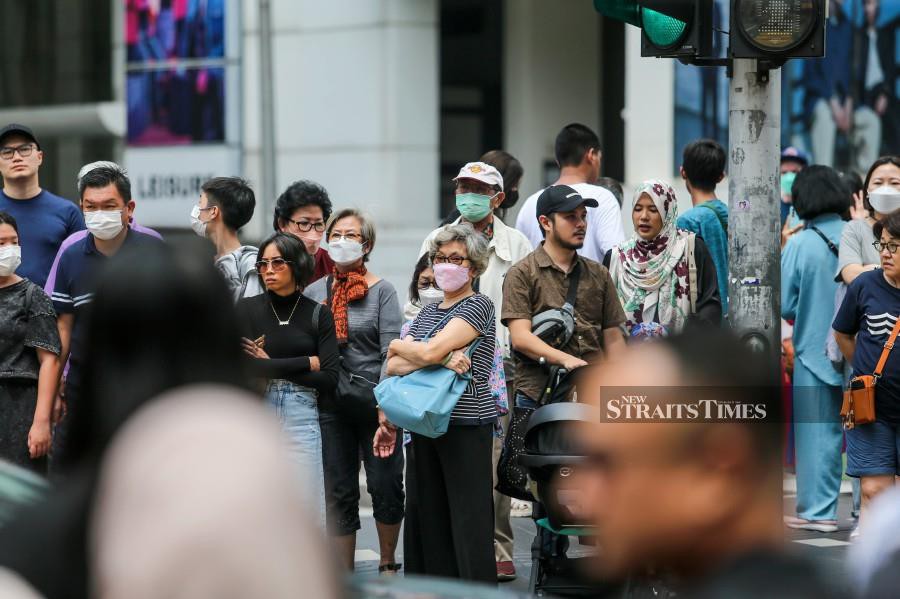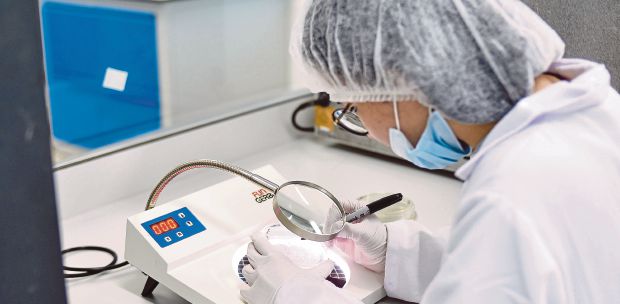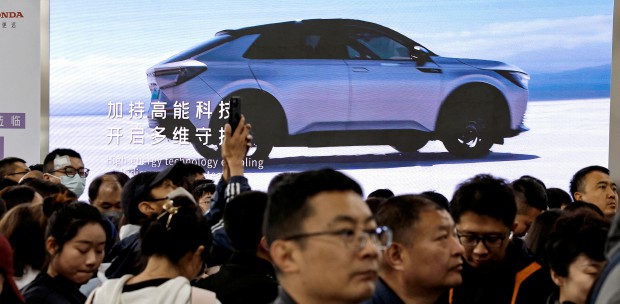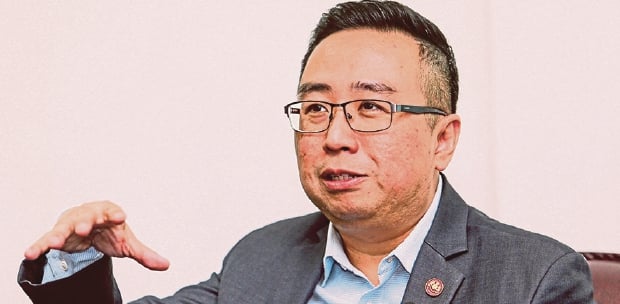Knowledge is a strategic currency in the global innovation-led economy. Countries that invest in strengthening their knowledge assets stay ahead in the global competition.
They are ranked high in the global innovation index, as knowledge is a key prerequisite of socio-economic innovation. Such countries invest heavily in knowledge-driven research and development. Their talent pool thrives on the appetite for knowledge.
Their R&D ventures are not limited to the sciences, but extend into studies on the many concerns of society, business and the environment.
The current government's Madani policy is seen as closely aligned to the path of strengthening the nation's knowledge currency. How we can truly gain from Madani is the issue that needs addressing.
Many have raised concerns that we lack a robust knowledge ecosystem that would strengthen our intangible assets. We need more programmes on knowledge dominating our TV channels.
A better balance is called for. Even the writings in the print media should have more discussions about current affairs.
But, what is most disconcerting is that we are behind on serious analysis of current issues that impact the nation and the world.
Most intellectual discussions are consumed only among academics. The public at large, including even some lawmakers, often exclude themselves.
They mostly gossip about the mundane instead of the more serious concerns related to food security, climate crisis, energy transition and the economy.
Of greater concern is also the fact that many academics are not reaching out to society.
Those that do communicate with the public are mostly talking politics. Even issues on the economy are not adequately discussed.
The only exception may be during this time of high food prices. But, it is doubtful that many are aware of the big global picture of what is driving prices.
Academics, on the other hand, are too consumed by their key performance indicators (KPI) to publish. They seem to forget that the most important KPI for them is to share their knowledge with society. That, to me, is the best way for academics to contribute to nation-building.
It is unfortunate that reaching out to society with their knowledge is nowhere in their KPIs.
It is time for change. Disseminating knowledge to society must be made the most important deliverable for academics.
They must also be empowered to do this without fear or favour.
Very often, academics, especially in public universities, are not free to express their thoughts on issues that matter.
Many see this as a big waste of the vast knowledge that academics have amassed.
This is also not supportive of the spirit of checks and balances that is promoted in a healthy democracy. Recent days have seen some encouraging signs of such engagement.
Many academics have taken notice of the regular sessions that the Madani leadership has initiated with scholars. We look forward to more such sessions. In fact, we would like to encourage members of civil society and the public at large to take part in these discussions.
Such engagements can produce new ideas and thinking for the nation. Even schools should start creating such forums for students to share their views.
There is no denying that with better awareness about national and global issues, students are better prepared for change.
As they say, change is the only constant in the world. Unless we embrace change, we will be left behind as a nation. As we embrace change, we are better aware of opportunities out there.
For example, not many are convinced of the opportunities as the world puts in place measures to manage climate change.
There should be more discourse on the issue of sustainability, as espoused in the Madani policy.
Furthermore, as society becomes more knowledgeable about the issues that matter, there will be more respect and tolerance among the community.
Any review of the education ecosystem must not miss out on the need to create a robust knowledge ecosystem.
We must not squander the new Madani opportunity.
The writer is a professor at the Tan Sri Omar Centre for STI Policy, UCSI University
The views expressed in this article are the author's own and do not necessarily reflect those of the New Straits Times





